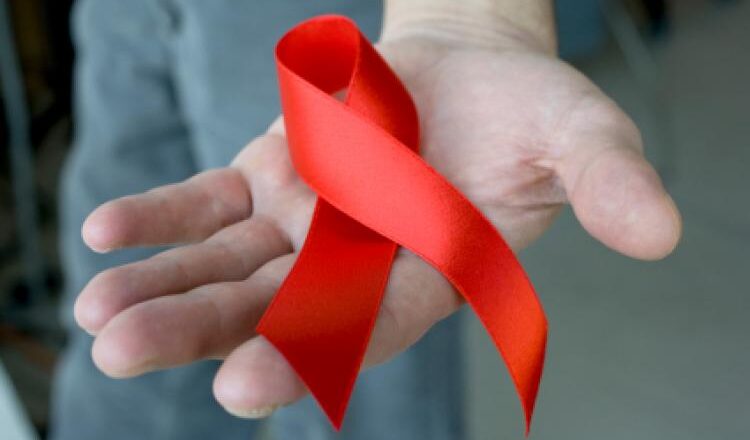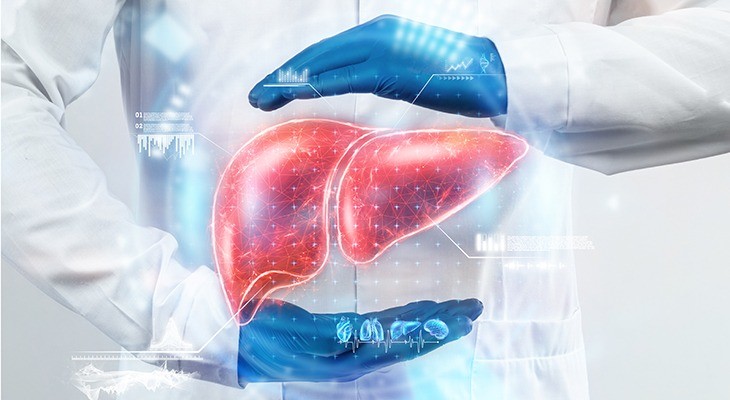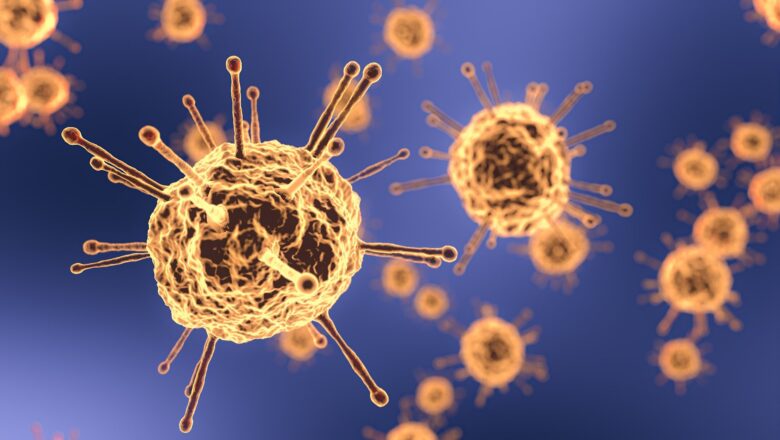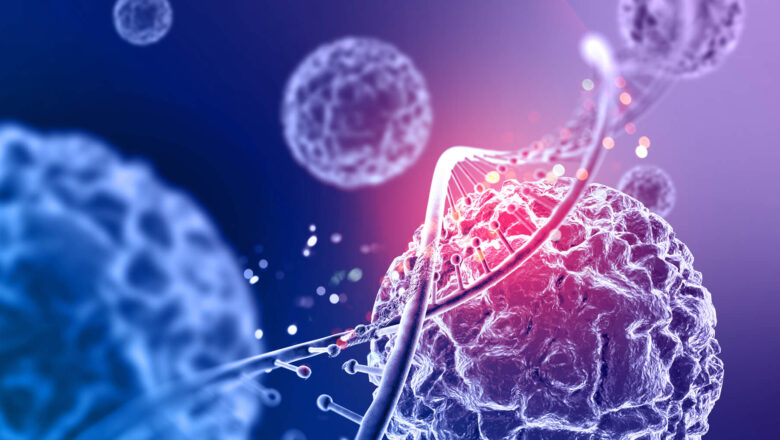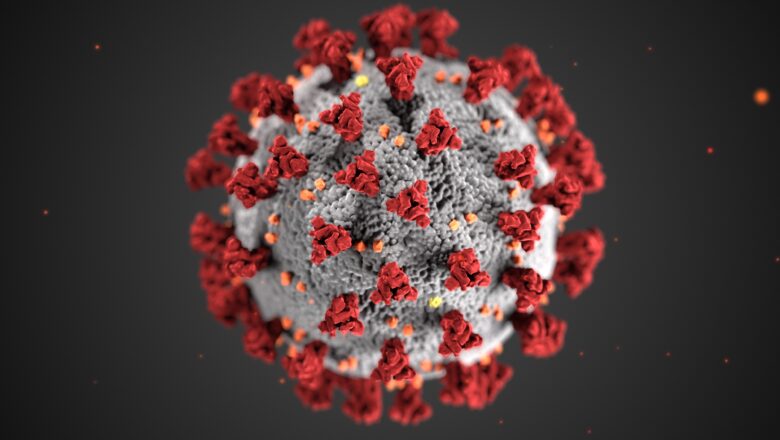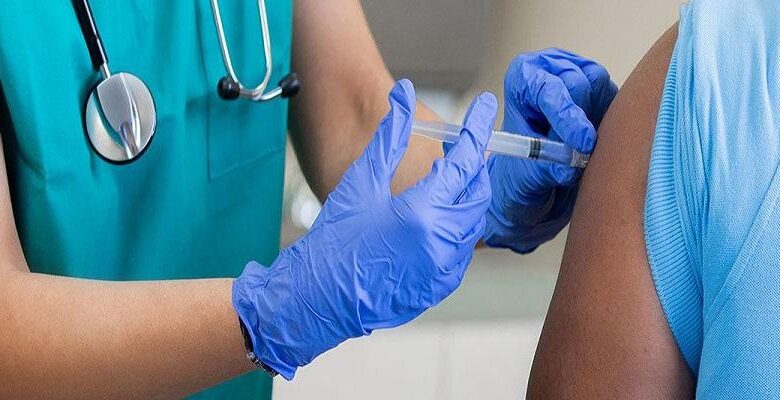
The Importance of Vaccinations
Today, vaccinations play an important role in protecting the health of individuals and societies. Humanity has struggled with epidemics throughout history, and vaccines have achieved groundbreaking success in this fight.
What are Vaccinations?
Vaccinations are biological substances used to strengthen the immune system before they harm the body or cause disease. Essentially, they contain weakened or killed forms of microorganisms that can harm the body. In this way, the body reacts as in the case of a real infection and the immune system is strengthened.
Disease Prevention: Vaccinations provide protection against a variety of infectious diseases. It ensures public health by preventing the spread of diseases such as measles, chickenpox and diphtheria.
Immune System Strengthen...
